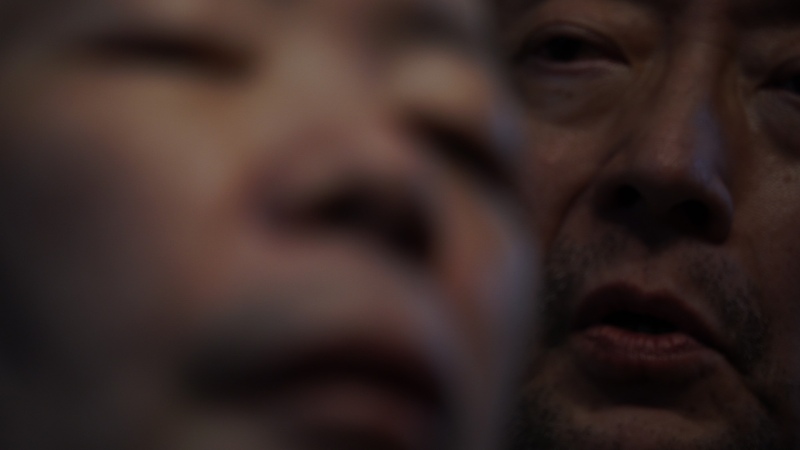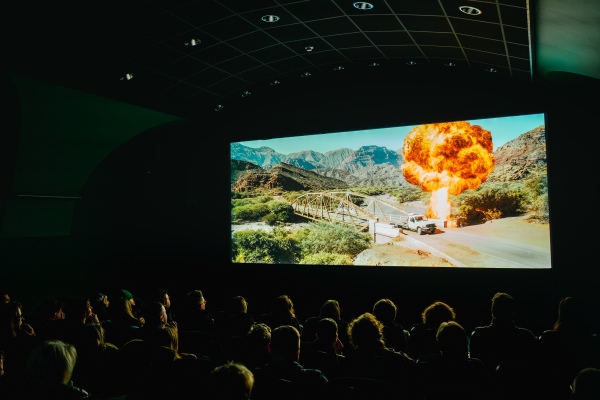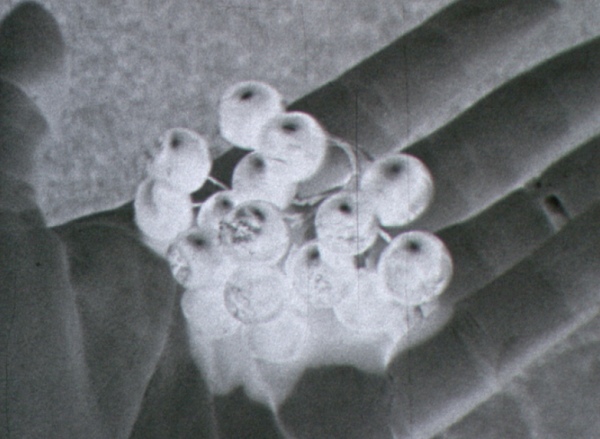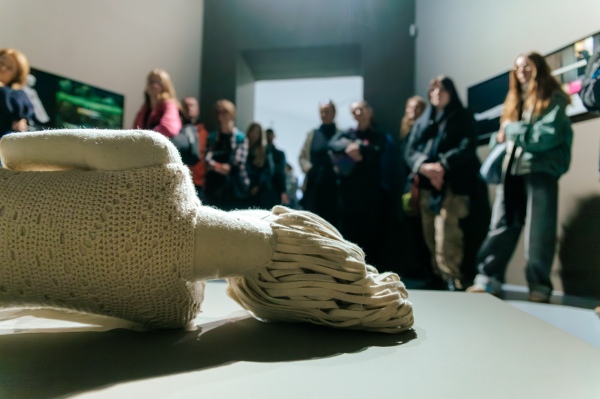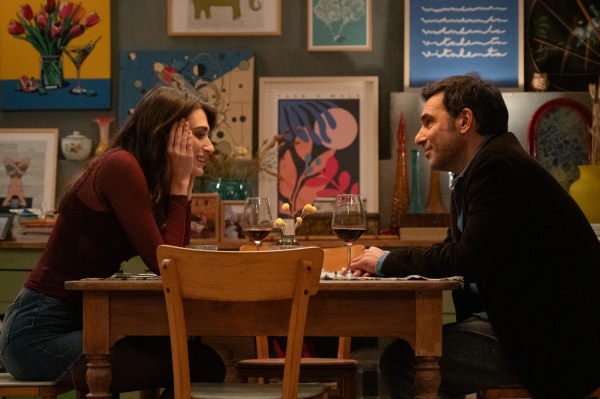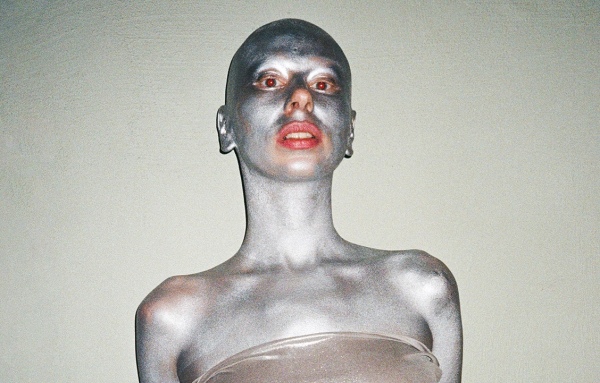Caniba
directed by Lucien Castaing-Taylor and Véréna Paravel, France/USA 2017, 90'
An experimental documentary made by the Sensory Ethnography Lab at Harvard University. Referring to the story of Issei Sagawa from Japan, who murdered and partially consumed his friend Renée Hartevelt, the creators do not try to present a coherent picture of the crime or offer a credible explanation – but rather, they use film to reflect Sagawa’s overwhelming need to devour, thus creating an unusual, radical cinema, annihilating traditional expectations and viewers' habits. In this way, they pose important questions about the ethical aspect of consuming film images and the ambiguous involvement of audiences as witnesses-consumers of monstrous events.
Aleksander Kmak will give a talk before the show.
The main topic will be what is most noticeable in Caniba – a unique, demanding visual language, trying to speak in images about the hero’s forbidden cannibalism. The special, painfully close relationship in which the viewer enters with the film will serve as a starting point for asking questions about the sense of (un)pleasantness in cinema, about what it means to consume film screenings, and about the theoretical consequences of attempting to create a film so engaging that it devours the viewer. Caniba can be located in the wider context of what is defined as the poetics of cinematic disgust, exemplified by the contemporary cinema of discomfort, deliberately throwing the viewer off balance, hindering the film experience or even demanding the viewer to look away from images too painful to watch. Reaching the limits of cinema, discomfort strategies often show conflicting, clashing cinema theories and ethical challenges related to the involvement of the film in the real world, but also vice versa: viewers in the film. The high degree of self-reflection characterising Caniba allows us to think of the documentary as an experiment to reinvent both the film image and the viewer, who is to control the world presented not illusively, but corporeally – in taste, feeling, and to rethink the closeness of its performance.
- Aleksander Kmak
- PhD student at the Section for Film and Visual Culture at the Institute of Polish Culture of the University of Warsaw, where he is preparing a work on the strategy of contemporary unpleasant cinema as an element of reflection on communing with extreme images. He has published in many magazines and monographs in the field of film and visual studies.
